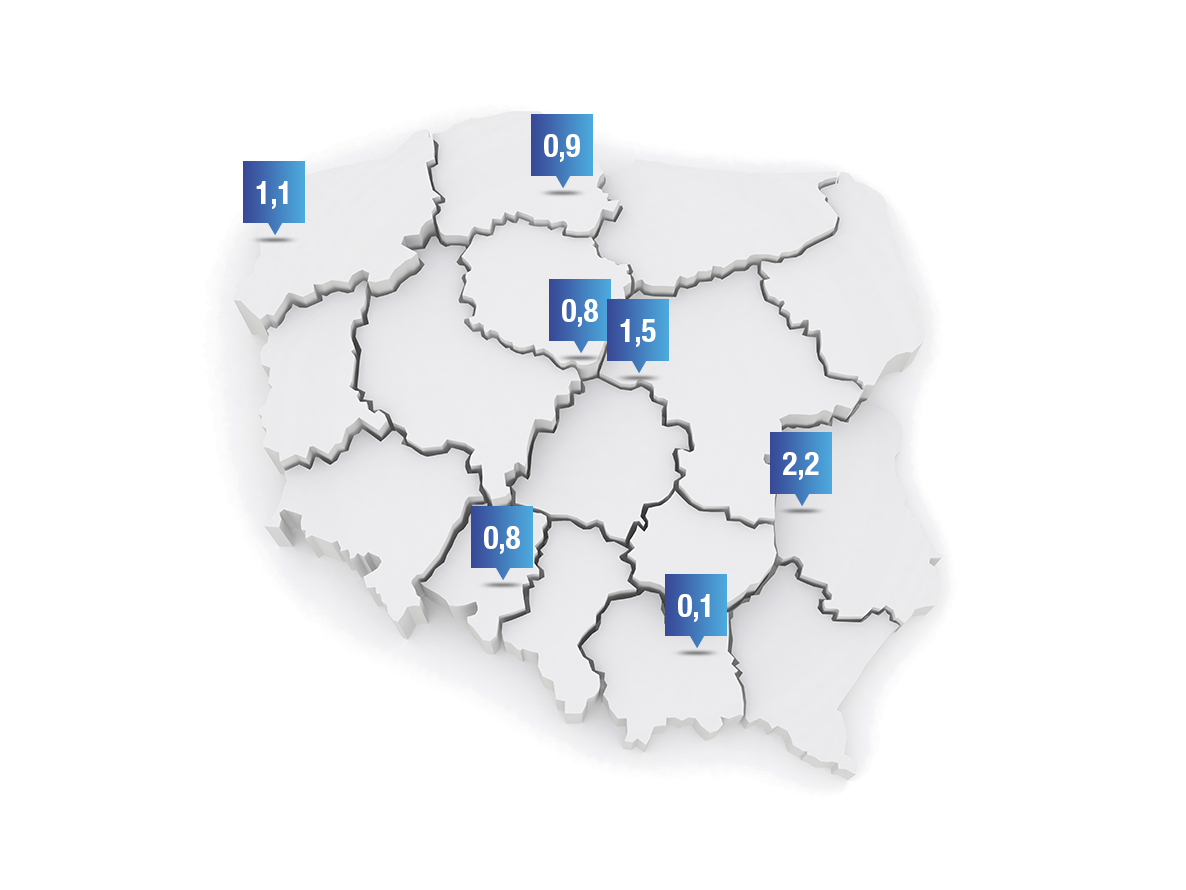It is hard to imagine a modern refinery without the use of hydrogen. Why do we use hydrogen in the refinery?
First of all, to meet the requirements of modern motor fuels, mainly the sulfur content range (max. 10 mg / kg) and to remove unsaturated compounds that negatively affect the stability of the fuel. Hydrogen is necessary to increase the conversion of crude oil, i.e. to obtain greater fuel yield from a barrel of oil. This is accomplished in the hydrocracking process, at a temperature of approx. 400⁰C and at a pressure of 160 atm. Finally, in many refining of petroleum products, such as base oils, paraffin - to improve their quality and stability. The diagram below illustrates the hydrogen production and consumption cycle at the refinery.
Additionally, hydrogen recovery methods from refinery streams are used. In addition to the hydrogen adsorptive recovery plant (PSA), other separation methods (WOW, i.e. Hydrogen Recovery Node) can be used, e.g. gas separation on membranes or low-temperature methods by liquefying other gases (mainly LPG).
Refinery hydrogen is produced and consumed up to date, so it builds up to its storage system. Currently, however, conceptual work is underway on the possibility of storing hydrogen in salt caverns. The hydrogen that was stored there could theoretically be a safety buffer for the refinery's hydrogen supply, but above all it would be a huge energy reservoir.
The refinery is one of examples of hydriogen use on the massive scale. For example, Grupa LOTOS refinery in Gdańsk consumes about 13.5 tons of pure hydrogen per hour. However, hydrogen is also an extremely important raw material in other industrial sectors - the most important raw material for the synthesis of ammonia and then the production of fertilizers. It is also necessary in chemical synthesis, especially for the production of methanol and a huge range of synthetic hydrocarbons. Hydrogen is commonly used to cure fats in the food industry. The metallurgical industry uses hydrogen to reduce metal ores such as germanium, molybdenum and tungsten. It is often used in cosmetics and pharmacy for thorough purification of preparation ingredients. In a word, it's difficult to imagine today's hydrogen-free industry.
